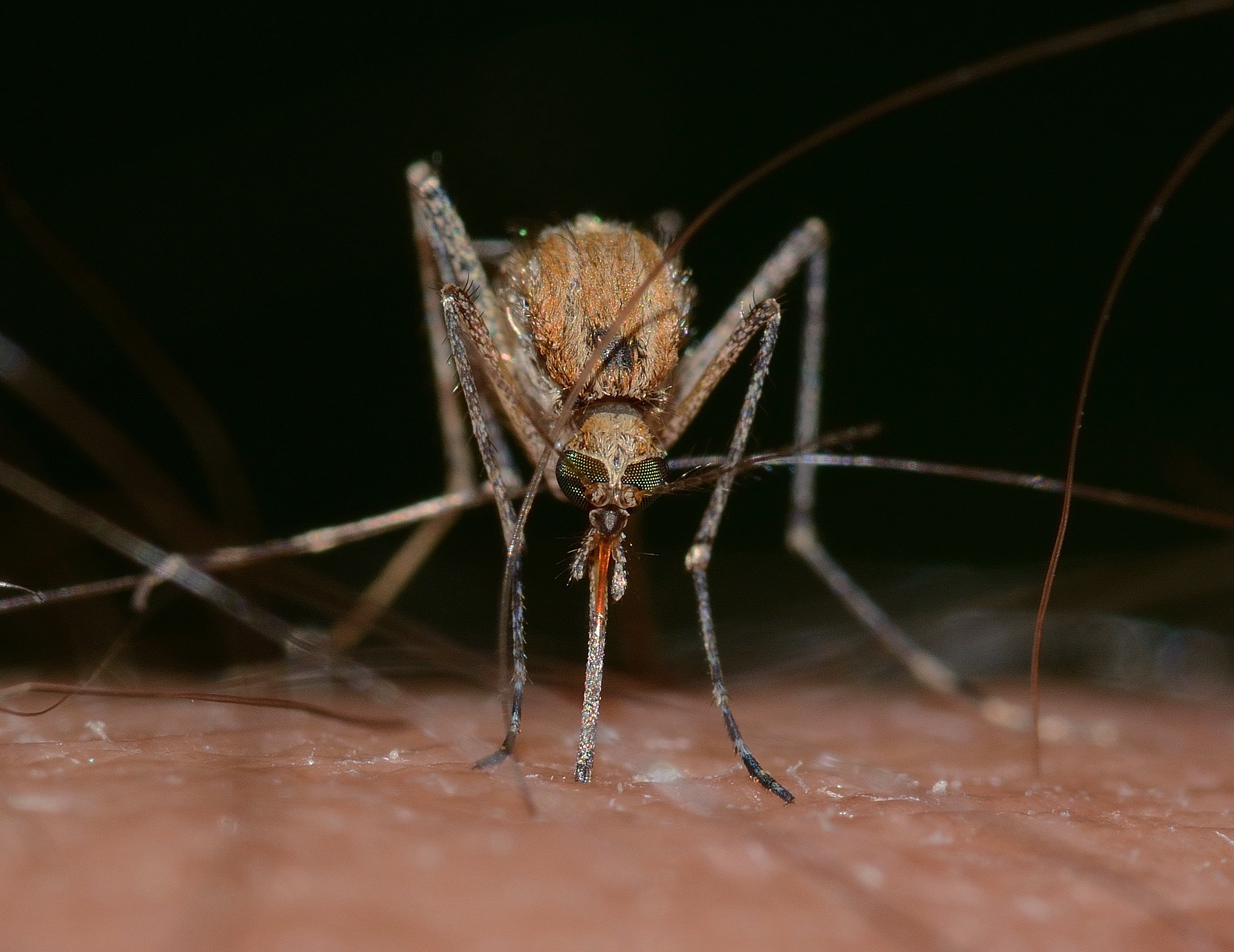Infection
Fremont County Has Half of State’s Equine West Nile Virus Infections
By Sarah Elmquist Squires, WyoTodayMedia
Half of Wyoming’s confirmed West Nile virus (WNV) cases in horses are in Fremont County. There are currently 27 neurologic cases in the state, with 14 confirmed as WNV – of those, 14 neurologic cases are in Fremont County and seven have been confirmed as WNV. According to the Wyoming Livestock Board, affected horses have no or minimal vaccination histories.
This has been an atypical spring and summer in terms of rainfall and moisture, conditions which provide a prime breeding ground for mosquitos, which carry the virus. The Wyoming Department of Health has recorded an unusually high number of mosquito pools that have tested positive for WNV, which is the source of the virus for horses and humans.
WNV is spread when mosquitos feed on birds infected with the virus, then infect people and horses through bites. Horses can’t spread WNV directly to humans or other horses.
For horses, the effects of WNV can vary from mild cases that include stumbling, weakened limbs, incoordination and muscle tremors, to more severe cases in which a horse may go down and become unable to stand and can even result in death. While horses who contract the virus may need supportive veterinary care, there is no cure for WNV.
Humans may also contract the disease through infected mosquitos, and the Wyoming Department of Health has advised residents to protect themselves against mosquito bites. “Wyoming’s reported human West Nile virus case numbers have been quite low the past several years,” said Courtney Tillman, an epidemiologist with the department. “But with more positive mosquito pools being reported this summer than we have seen in nearly 10 years and cases popping up in neighbor states, a reminder to avoid these insects may be timely.”
The last big spike in WNV cases in humans in Wyoming was 2003, when nine people died as a result of the virus.
In humans, symptoms include fever, headache, body aches, skin rash and swollen lymph nodes. In rare instances, humans may develop West Nile neuroinvasive disease with severe headaches, fever, neck stiffness, stupor, disorientation, coma, tremors or paralysis.
Experts advise avoiding spending time outdoors during dawn and dusk – mosquitos’ favorite mealtimes – and to wear shoes, pants and long-sleeved shirts while outdoors; clothing should be light colored and of tightly woven materials.
Use insect repellent like DEET, and avoid allowing standing water to collect in things like old tires, as mosquitos breed in pools of water.
To help protect horses, ensure they are up to date on vaccinations and use mosquito repellent sprays on them. Owners may use fans to help deter mosquitos, and bring horses into barns at dusk and dawn when the insects are more inclined to feed. Attach and maintain screens on windows and doors to keep mosquitos out of horse barns.
More information from the department of health may be found at www.badskeeter.org.

